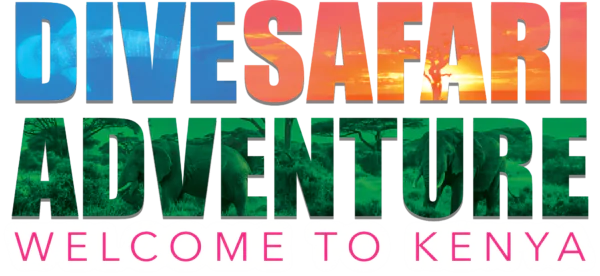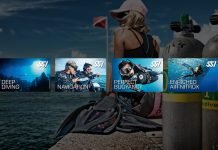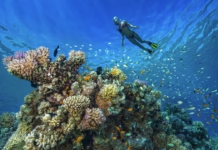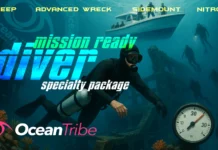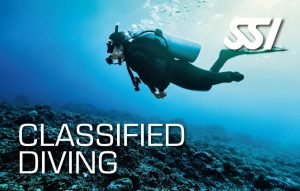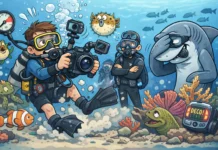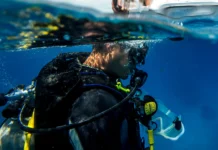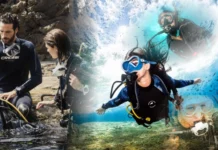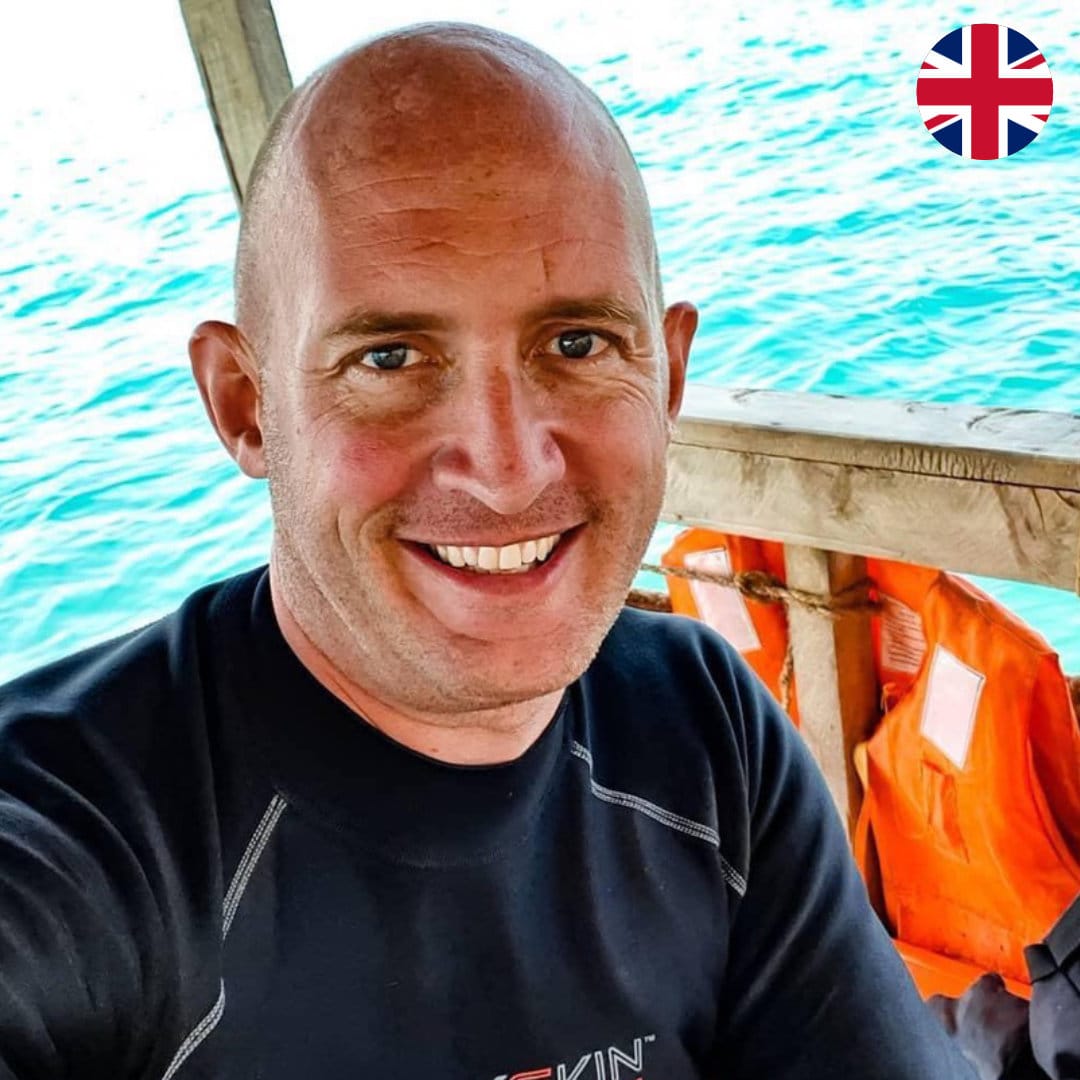Scuba diving is more than just a recreational activity. For individuals with disabilities, it’s a gateway to freedom, confidence, and healing. Beneath the surface, mobility challenges fade. The water offers a sense of weightlessness that allows people to move in ways they may not experience on land. With the right training and support, scuba diving becomes a transformative experience. That’s why instructors play a vital role. And that’s where adaptive diving programs come in.
Weightless World, Limitless Possibilities
In the underwater world, gravity loses its grip. This is a game-changer for people with physical disabilities. Water supports the body, making it easier to move. For many, this sensation is liberating. It offers relief from pain, pressure, and limitations. Movement becomes fluid, smooth, and unrestricted. Suddenly, a person who uses a wheelchair on land can glide effortlessly through coral reefs. The mental boost that comes from this is powerful. This builds confidence. It fosters independence. Diving opens doors to new passions.
Emotional Healing in Every Dive
Diving is not just physical; it’s deeply emotional. The underwater environment is peaceful. It’s quiet. It encourages focus and presence. For individuals with PTSD, anxiety, or sensory disorders, this can be profoundly therapeutic. The calming effect of water combined with slow, deep breathing promotes relaxation. Divers learn to tune into their bodies, regulate their breathing, and reduce stress. Every dive becomes a form of meditation.
Connection and Community
Learning to dive creates connections. Certified divers join a global community. This social aspect is crucial. Many people with disabilities face isolation. Diving changes that. It brings people together. Training, travel, and shared experiences forge bonds. Instructors who are trained in working with adaptive divers help foster inclusion. They don’t just teach skills; they empower students and build bridges.
Adaptive Diving Certifications: Opening the Underwater World
Adaptive diving programs offer certifications tailored to the unique needs of divers with disabilities. These certifications ensure that individuals can safely and confidently explore the underwater world.
SSI Classified Diving Program
Scuba Schools International (SSI) offers a Classified Diving program with three levels of certification based on the support required:
The first level of certification is Level 1: Dive with a certified Classified Dive Buddy. This is followed by Level 2: Dive with two certified Classified Dive Buddies. Finally there isLevel 3: Dive with two certified Classified Dive Buddies and one Classified Dive Professional.
This tiered approach allows divers to progress at their own pace, ensuring safety and comfort at each stage.
Diveheart Adaptive Diver Certification
Diveheart provides an Adaptive Diver certification for individuals who may not be able to complete the full Open Water course. This certification allows divers to explore underwater environments with the assistance of an adaptive team, including an Adaptive Scuba Instructor and a certified dive buddy. The certification may include specific conditions or limitations to ensure safety, such as diving only during daylight hours to a maximum depth of 40 feet.
PADI Adaptive Support Diver
The Professional Association of Diving Instructors (PADI) offers the Adaptive Support Diver specialty course. This course is designed to teach divers how to assist buddies with physical or mental challenges. While PADI does not do a certification for the diver with disabilities themselves, this course is crucial in creating an inclusive diving environment by training companions to provide appropriate support.
Other Programs for Adaptive Diving
There are a number of other training agencies specifically geared towards adaptive diving and there are training agencies with specific programs such as RAID’s RAIDability and TDI/SDI’s Scubility Programs.
Why Instructors Should Embrace Adaptive Diving Programs
Traditional scuba training doesn’t always address the unique needs of divers with disabilities. Adaptive diving programs equip instructors with the skills to adapt training methods, modify equipment, and provide effective support. Instructors become better educators, more compassionate leaders, and advocates for accessibility.
This training isn’t just about diving—it’s about making a difference. Instructors who embrace adaptive diving programs help open the underwater world to everyone. They create safe, inclusive environments. They ensure that no one is left behind simply because of a physical or cognitive challenge. That commitment changes lives.
A Call to Dive Deeper
Scuba diving has the power to heal, inspire, and transform. For people with disabilities, it offers a new sense of freedom. For instructors, it offers a chance to lead with purpose. Adaptive diving programs are more than certifications. They are commitments to inclusion. They are steps toward a world where everyone can experience the magic beneath the waves. And that’s a journey worth taking.

